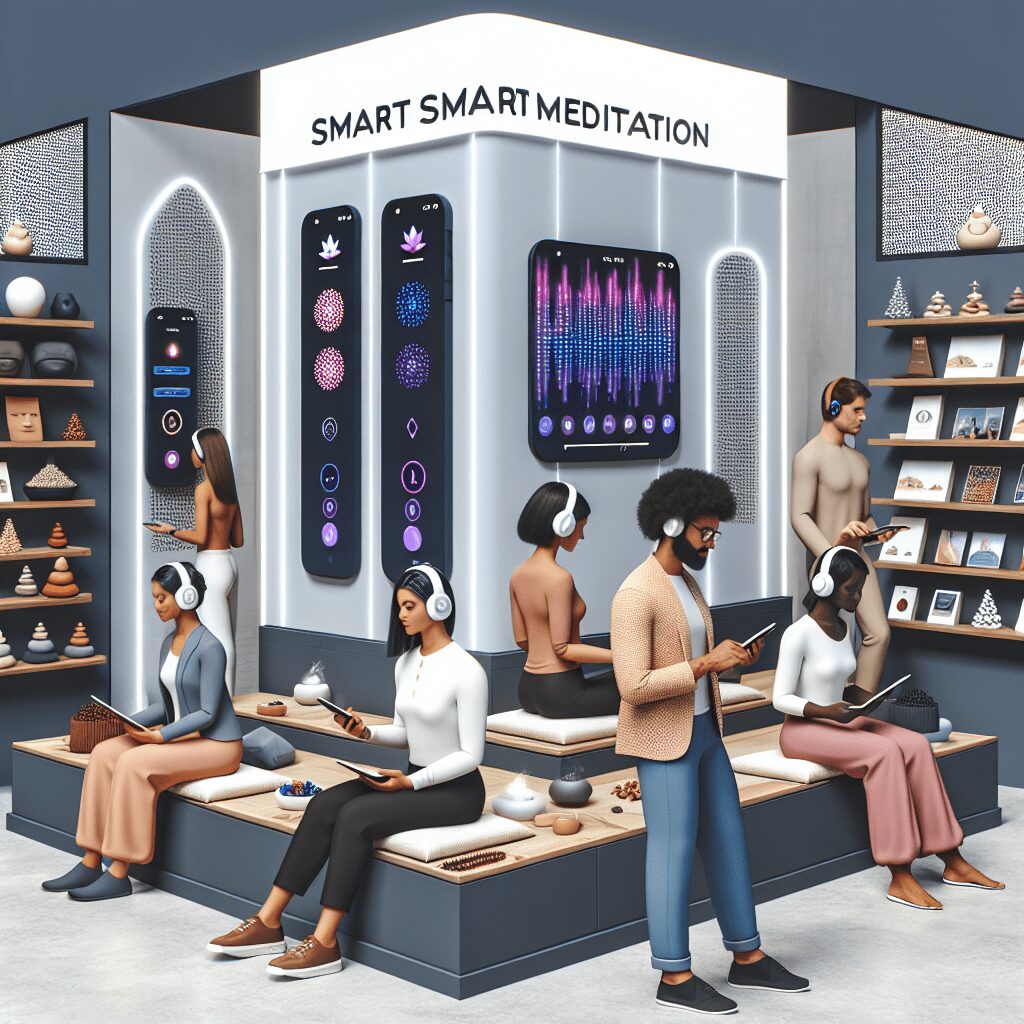
Prioritize your mental well-being daily. Enhance your life by nurturing your mental health with the Smart Meditation app. Break free from stress, alleviate anxiety, and enhance your sleep quality starting today.
Does Chronic Pain Cause Anxiety?
Unraveling the Tight Knot: The Connection Between Chronic Pain and Anxiety
Navigating through the complex labyrinth of human health often presents a conundrum that leaves even seasoned professionals scratching their heads. One such puzzling relationship is the intricate dance between chronic pain and anxiety. It’s like a never-ending tango, with each influencing the other’s steps in unpredictable ways. But what’s the real score here? Does chronic pain give birth to anxiety, or is it the other way around? Let’s dive deep and unmask the intricacies of this relationship, shedding light on how these two daunting issues intertwine.
A Vicious Cycle: When Pain Meets Panic
At the heart of this conundrum lies a self-sustaining cycle that can, unfortunately, turn into a downward spiral if left unchecked. Here’s the 411 on how this cycle operates:
-
The Starting Line: Imagine you’ve got a nagging pain that just won’t quit. It’s like an unwelcome visitor who’s overstayed their welcome. This relentless discomfort begins to take a toll on your mental peace, planting the seeds of anxiety and worry.
-
The Anxiety Factor: With anxiety stepping onto the scene, your body’s stress response kicks into high gear. Your brain, always trying to do you a solid, amps up its sensitivity to pain as a protective measure. Irony at its finest, right?
-
Turn of the Screw: Now, because your brain’s on high alert, even the slightest twinge is amplified. This heightened pain perception feeds back into your anxiety. You’re caught in a loop, with each turn making it harder to escape.
So, to answer the burning question, “Does chronic pain cause anxiety?”—the answer is a resounding “Yep, you betcha.” But, like all things in life, it’s rarely a one-way street. Anxiety itself can further exacerbate pain, making it a partnership of mutual aggravation.
Breaking the Cycle: Finding Light at the End of the Tunnel
Thankfully, it’s not all doom and gloom. There are strategies and interventions that can help untangle this mess, offering a glimmer of hope to those caught in the crossfire. Here’s what you can do to combat this duo effectively:
-
Mindfulness and Relaxation Techniques: Engaging in practices such as meditation, yoga, or tai chi can help ease both the mind and body. By focusing on the present and adopting a chill attitude, you can lower stress levels and, subsequently, pain perception.
-
Physical Activity: Although it might sound counterintuitive (like, who wants to exercise when they’re in pain?), regular, gentle exercise can bolster your mood and reduce pain. It’s all about finding the right balance and not overdoing it.
-
Professional Help: Sometimes, you gotta call in the pros. This can mean consulting with a psychologist for cognitive-behavioral therapy (CBT), which has proven effective in managing both anxiety and chronic pain, or seeking medical advice for potential medications or treatments.
-
Support Networks: Lean on friends, family, or support groups. Sharing your experiences, venting, and receiving advice can lighten the emotional load significantly. Remember, it’s okay not to be okay.
In the grand scheme of things, understanding the tight-knit relationship between chronic pain and anxiety is crucial for anyone looking to break free from their clutches. By recognizing the cycle and taking proactive steps to address both issues, not only can one alleviate their physical discomfort, but they can also pave the way for a more serene state of mind. So, although the journey might be tough, and at times it may feel like you’re walking through quicksand, remember, there’s always a way out. Keep your chin up, and take one step at a time.





